ML – Ardagh Metal Packaging (AMP) is a leading global supplier of sustainable and infinitely recyclable metal beverage cans. AMP is a major player in the metal packaging industry in Brazil with innovative production capabilities. What are the main challenges AMP Brazil is currently facing, both in environmental and other terms?
One of the main challenges we face in Brazil is related to climate change and the reduction of greenhouse gas emissions, which is a global commitment undertaken by Ardagh in its sustainability agenda. There is a technological challenge here, which is to obtain sustainable fuels at competitive prices so that we can use them in our operations, such as biofuels. Another challenge is related to fostering diversity in our plants, to provide more opportunities for women and ethnic professionals to work in our facilities and assume leadership positions.
ML – ASI certifies Ardagh Metal Packaging to Performance Standard V2 (2017): Ardagh Metal Packaging has obtained ASI’s Performance Standard V2 (2017) Certification with a focus on Materials Management at its facilities in Manaus and Sao Paulo, Brazil. Does this certification reaffirm AMP’s commitment to sustainability? What other initiatives will you implement to further increase circularity?
ASI certification for our plant in Manaus, where we produce aluminum caps, and for our headquarters in São Paulo reaffirms our commitment to the sustainability agenda. It reinforces our focus on the correct and sustainable management of aluminum to promote the circular economy. It is worth mentioning that this certification is part of our global commitment. We started the certification process last year, targeting our factories in Europe and Brazil. Next year we will complete the certification of the aluminum can factories in Alagoinhas, Bahia, and Jacareí, São Paulo. These factories will be certified under version 3, which expands on the previous version and includes new aspects related to human rights, biodiversity and environmental management. Among other actions, we are also reinforcing the awareness of our customers, partners, suppliers and employees about the importance of aluminum circularity through training and information campaigns. In addition, we fulfilled our commitment to Abralatas and the Brazilian Ministry of the Environment, guaranteeing an aluminum recycling rate of over 95%. In 2022, this rate reached 100%.
ML – Recently participated in the SESI Robotics Festival hosted by Social Service Industry (SESI), and some of the numbers and insights are quite intriguing. What is your assessment of this event and why are these types of initiatives necessary?
At this SESI event, what struck me was the fact that 70% of the students coming from SESI schools were young girls. This shows a growing interest among these girls in robotics, which is very positive. Now, it is the industry’s responsibility to create means to foster this interest in robotics and to attract and retain these up-and-coming professionals by providing a more welcoming, diverse and inclusive environment that lays the groundwork for their development. Our “Ardagh for Education” program, launched in August this year in Brazil, will focus on implementing robotics in public schools in the cities where we operate, through the training of 2,500 teachers in robotics and STEM over the next 10 years. Teachers are key to learning about robotics and, above all, to awakening the interest and cultivating the desire in these students to delve into this fundamental area for the future of the industry.
ML – Brazil is undoubtedly one of the world leaders in recycling, achieving remarkable results. Do you think more countries and companies are becoming more conscious about recycling?
No doubt about it. Countries, companies and governments are more aware globally. But above all, society is more aware of recycling and sustainability. People around the world now understand these issues in a deeper way. It is from knowledge and awareness that the action of change, or sustainable attitude, is generated. This is reflected in how people consume, making more sustainable choices in their daily lives, and the whole effect of this is immeasurable.
ML – In your opinion, what other short-term actions are needed to improve global environmental sustainability and recycling, making these practices economically viable?
When considering short-term actions, a crucial aspect is product design, which involves planning the product while considering how it will be integrated into the circular economy and its recycling dynamics. In other words, products, before they exist, must be designed in a way that allows them to be incorporated into the circular economy, which means, among other things, using materials that provide a complete and sustainable life cycle for the product. In this sense, the aluminum can is a perfect example, since it was conceived under the dynamics of circularity and reuse. This approach to design applies to everything from apparel to aluminum packaging. Considering the best design and planning thoroughly before introducing the product to the world is a cross-sector action that leads to large-scale gains for sustainability, recycling and the circular economy.
ML – The people who make up AMP Brazil share much more than a strong brand and an excellent reputation. In your opinion, what values define the unique identity of the company you work for?
Ardagh’s values are trust, teamwork and excellence. These values are experienced on a daily basis in our projects, in our actions and in management decisions. There is a strong culture of trust within the company, among colleagues and management, to do everything with excellence, always striving for the best and always as a team. And diverse teams think better when solving problems, and that’s the direction we’re headed in.
ML – Metal can packaging offers versatility, unlimited design and branding opportunities like no other material, being used worldwide in a variety of market sectors. Do you believe that constantly evolving production technologies are a guarantee for future challenges and continued environmental sustainability in metal beverage containers?
I firmly believe so. Innovation is one of the pillars of sustainability. We are always thinking about how we can produce an aluminum can using fewer resources, such as water and energy, and through more efficient equipment. Production technology and innovation are deeply connected to sustainability. This brings us back to the biofuels issue I mentioned earlier. We currently use natural gas and switching to biogas requires technologies for the adaptation of the industrial process. All of this resonates with Ardagh’s “Plant of the Future” project, which aims to have an industrial plant that emphasizes interconnectedness, digitization and sustainability in all its aspects. This is the direction we are working towards, both in advancing digital technology in our factories and in more sustainable production that uses less water, energy and fuels.

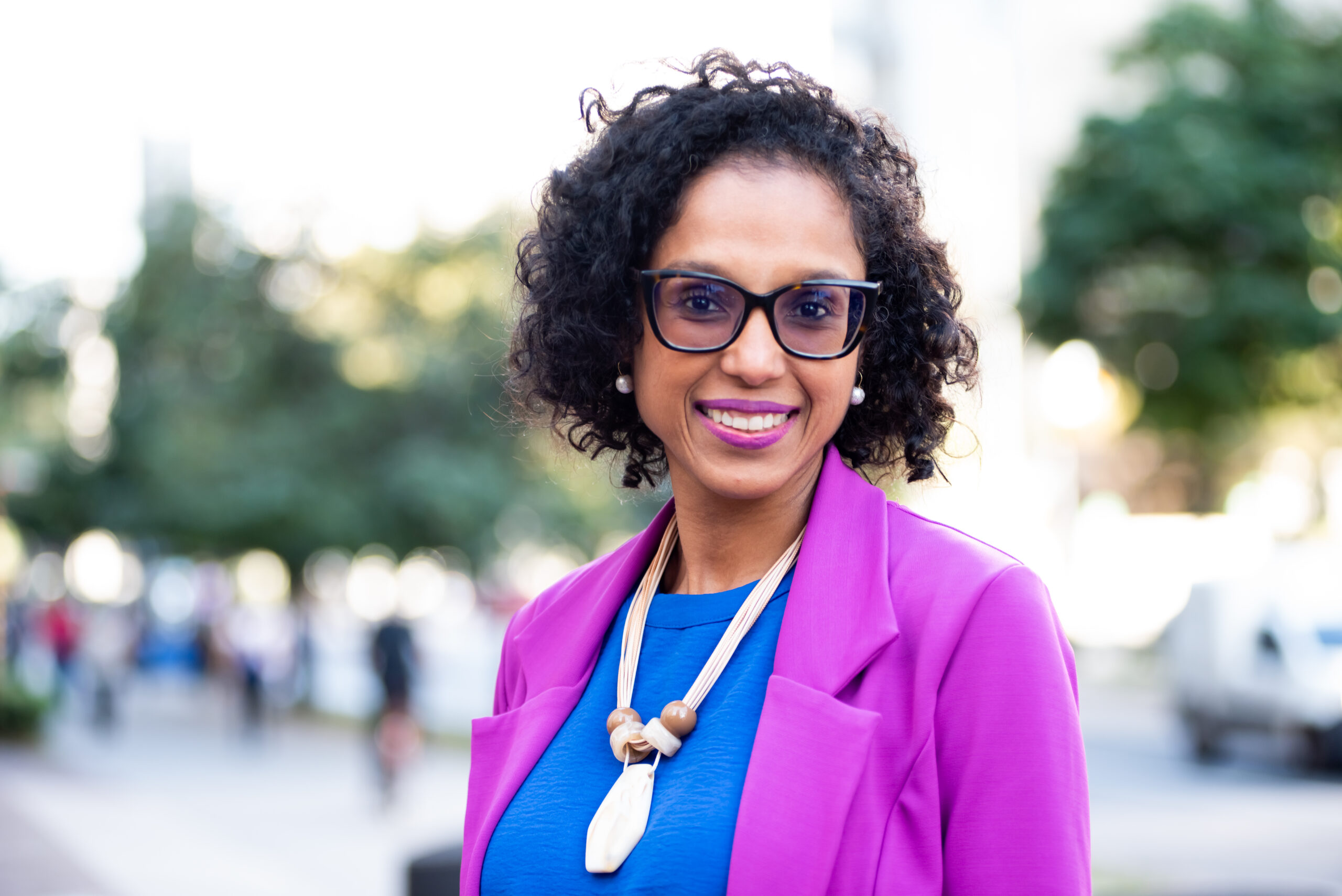

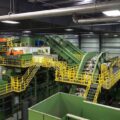

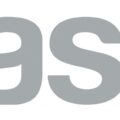
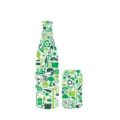
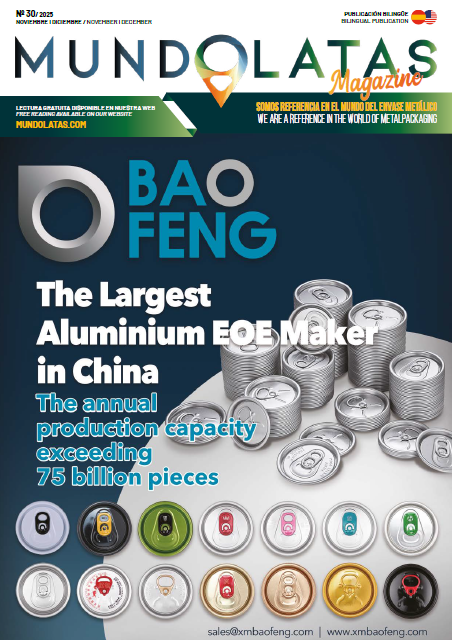


0 Comments